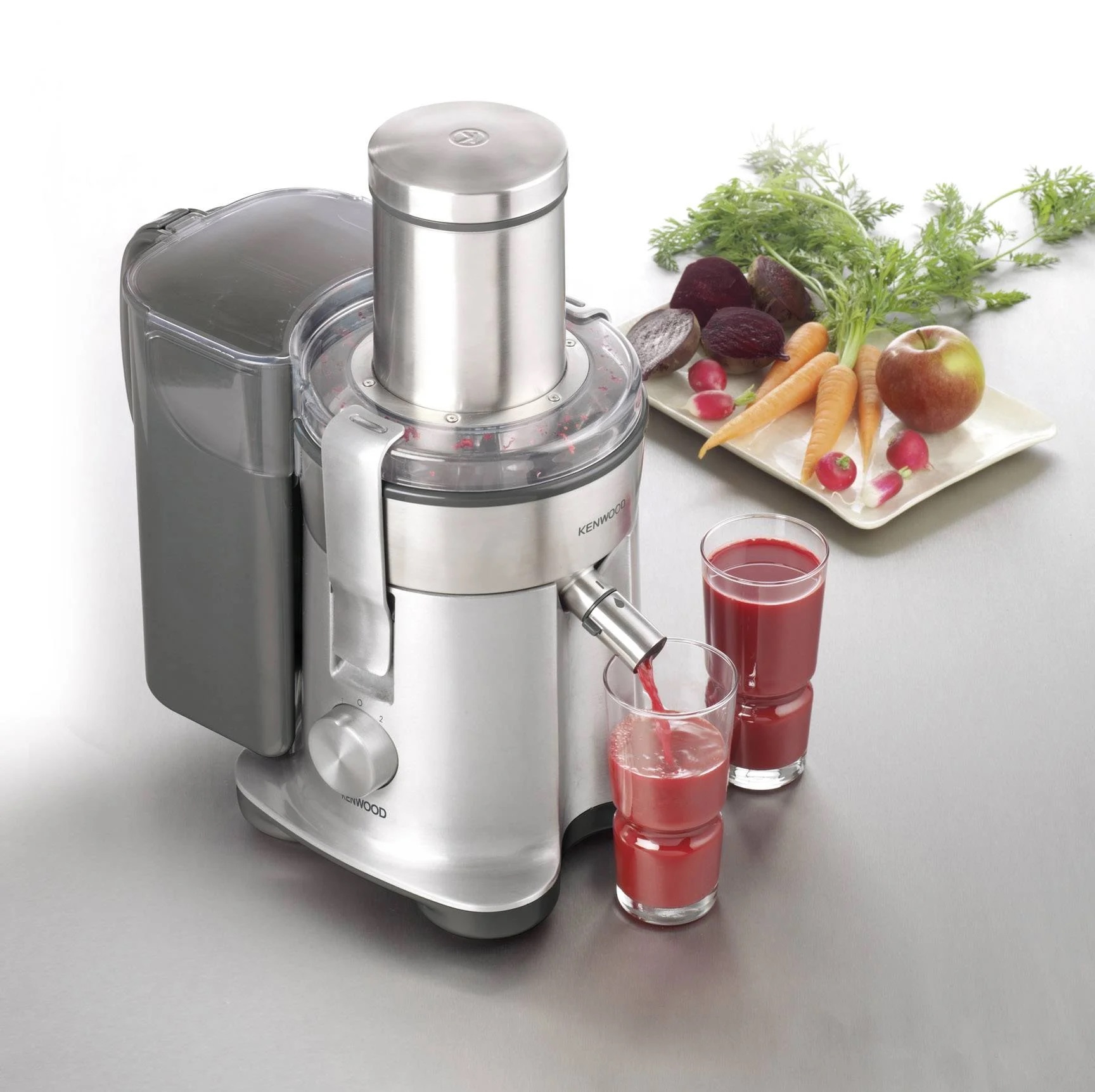

Articles
What Is A Good Wattage For A Juicer
Modified: February 29, 2024
Looking for articles on what wattage is ideal for a juicer? Discover expert recommendations and tips on choosing the right wattage for your juicing needs.
(Many of the links in this article redirect to a specific reviewed product. Your purchase of these products through affiliate links helps to generate commission for Storables.com, at no extra cost. Learn more)
Introduction
When it comes to choosing a juicer, wattage is an important factor to consider. The wattage of a juicer refers to the amount of power it consumes to perform its functions. Understanding the wattage and its significance can help you determine the efficiency and effectiveness of a juicer.
With the popularity of juicing on the rise, there are numerous options available in the market, each boasting different wattage levels. It can be overwhelming to navigate through all the choices and find the juicer with the right wattage for your needs.
This article aims to demystify the concept of wattage and guide you in making an informed decision. We will cover the basics of wattage, factors to consider when choosing a juicer, the different types of juicers, and the recommended wattage for each type.
By the end of this article, you will have a clear understanding of what wattage means for a juicer and be equipped with the knowledge to select a juicer that meets your juicing goals.
Key Takeaways:
- Understanding wattage is crucial for choosing the right juicer. Higher wattage means faster juicing, while lower wattage may struggle with tougher ingredients. Consider juicing frequency, types of ingredients, and budget when selecting a juicer.
- Different types of juicers have varying wattage requirements. Centrifugal juicers need higher wattage for fast processing, while masticating juicers excel with lower wattage for nutrient-rich juice. Consider the specific wattage range recommended for each juicer type.
Read more: What Is A Good Juicer To Buy
Understanding Wattage
In order to understand what wattage means for a juicer, it’s important to have a basic understanding of what wattage is. Wattage is a unit of measurement that indicates how much power an appliance uses. It measures the rate at which electrical energy is transferred or consumed.
When it comes to juicers, wattage refers to the power or energy required to operate the juicer’s motor. A higher wattage generally indicates a more powerful motor, which can result in faster and more efficient juicing.
It’s worth noting that higher wattage doesn’t always necessarily mean better performance. The effectiveness of a juicer depends on various factors, such as the quality of the blade, the design of the juicing chamber, and the efficiency of the juicing process.
However, having a higher wattage can provide certain advantages. For instance, a juicer with a higher wattage can handle tougher and harder ingredients, such as carrots and beets, more easily. It can also extract juice from fruits and vegetables more quickly, reducing the overall juicing time.
On the other hand, juicers with lower wattage tend to be less powerful and may struggle with processing tougher ingredients. They might require additional time and effort to extract juice effectively.
Understanding the wattage of a juicer allows you to assess its capabilities and determine whether it can meet your juicing needs. Depending on the type of juicer and the types of ingredients you’ll be juicing, you can make an informed decision on the appropriate wattage level for your juicing requirements.
Factors to Consider
When selecting a juicer, wattage is just one of the factors to consider. To make the best decision, it’s essential to take into account other aspects that can affect the performance and usability of the juicer. Here are some important factors to consider:
1. Type of Juicer: The type of juicer you choose will greatly impact the wattage requirement. Different types of juicers, such as centrifugal juicers, masticating juicers, and citrus juicers, have varying wattage levels based on their design and functionality.
2. Juicing Frequency: Consider how often you plan to juice. If you’re a frequent juicer and plan to use the juicer daily or multiple times a week, opting for a higher wattage juicer may be beneficial. It can handle the workload more efficiently and withstand continuous use.
3. Types of Ingredients: Think about the types of fruits and vegetables you’ll be juicing. If you primarily juice soft fruits and leafy greens, a lower wattage juicer may suffice. However, if you intend to juice tougher ingredients like carrots, beets, or ginger, a juicer with higher wattage can handle these ingredients more effectively.
4. Juicing Time: Consider the amount of time you’re willing to spend on juicing. A higher wattage juicer usually extracts juice faster, reducing your overall juicing time. If saving time is a priority for you, a juicer with higher wattage may be more suitable.
5. Noise Level: Some high-wattage juicers tend to produce more noise due to their powerful motors. If noise is a concern for you, consider opting for a juicer with lower wattage or look for models that are specifically designed for quiet operation.
6. Budget: Wattage can also impact the price of a juicer. Typically, juicers with higher wattage come with a higher price tag. Assess your budget and determine how much you’re willing to invest in a juicer with the desired wattage level.
By considering these factors, along with the wattage, you can narrow down your options and find a juicer that aligns with your specific juicing needs and preferences. Remember to prioritize the factors that are most important to you and strike a balance between wattage, functionality, and price.
When choosing a juicer, look for a wattage of at least 700-800 watts for efficient juicing of hard fruits and vegetables. Higher wattage can also indicate a more powerful motor for better extraction.
Types of Juicers
When it comes to juicers, there are several types available in the market, each offering unique features and benefits. Understanding the different types of juicers can help you determine which one is best suited for your needs. Here are the most common types of juicers:
1. Centrifugal Juicers: These juicers are the most commonly found and popular choice for many beginners. They work by using sharp blades to shred fruits and vegetables and then separate the juice from the pulp through centrifugal force. Centrifugal juicers typically have higher wattage as they require a powerful motor to achieve fast juicing. They are great for juicing hard and soft fruits but may not be as effective for leafy greens.
2. Masticating Juicers: Masticating juicers, also known as slow juicers or cold press juicers, use a slow rotating auger to crush and squeeze the juice out of the produce. The slow and steady process produces higher-quality juice with more nutrients and enzymes. Masticating juicers usually have lower wattage compared to centrifugal juicers but offer better efficiency and versatility. They can handle a wide range of ingredients, including leafy greens, fruits, and even wheatgrass.
3. Citrus Juicers: As the name suggests, citrus juicers are specifically designed for juicing citrus fruits like oranges, lemons, and grapefruits. They come with a cone-shaped reamer that extracts the juice when pressed against the fruit. Citrus juicers typically have lower wattage due to the specific nature of their operation. They are efficient in extracting juice from citrus fruits but may not be suitable for other types of produce.
4. Twin Gear Juicers: Twin gear juicers are known for their superior juicing ability and nutrient retention. They utilize two interlocking gears that slowly rotate and crush the produce, resulting in high-quality juice. Twin gear juicers often have higher wattage due to the power required to drive the gears. They are excellent for juicing various types of produce, including hard vegetables, leafy greens, and wheatgrass.
5. Wheatgrass Juicers: Wheatgrass juicers are specifically designed to extract juice from wheatgrass and other leafy greens. They use a slow and gentle process to ensure maximum juice yield and nutrient preservation. Wheatgrass juicers typically have lower wattage to prevent oxidation and heat buildup, which can affect the quality of wheatgrass juice.
Each type of juicer has its own pros and cons, and the wattage requirement may vary accordingly. Consider your juicing preferences, the types of ingredients you’ll be juicing, and the desired juice quality when choosing the right type of juicer for you.
Recommended Wattage for Different Juicers
The recommended wattage for juicers can vary depending on the type of juicer and its intended use. Here are some general guidelines for the recommended wattage for different types of juicers:
1. Centrifugal Juicers: For centrifugal juicers, a wattage range between 700 to 1200 watts is usually recommended. This wattage range ensures that the juicer has enough power to efficiently process both hard and soft fruits and vegetables. Higher wattage models are preferable if you plan to juice tougher ingredients frequently.
2. Masticating Juicers: Masticating juicers typically have a lower wattage compared to centrifugal juicers. A wattage range between 150 to 400 watts is generally recommended for masticating juicers. The slower speed and gentler extraction process of these juicers make them more energy-efficient. Their lower wattage is sufficient for juicing leafy greens, soft fruits, and most other ingredients.
3. Citrus Juicers: Citrus juicers have even lower wattage requirements due to their specific function. A wattage range between 20 to 100 watts is typically recommended for citrus juicers. These juicers are specifically designed for juicing citrus fruits, and their lower wattage is adequate for extracting juice from fruits like oranges, lemons, or grapefruits.
4. Twin Gear Juicers: Twin gear juicers require higher wattage due to the power needed to drive the gears and crush the produce effectively. A wattage range between 200 to 400 watts is recommended for twin gear juicers. This higher wattage ensures that the juicer can handle the tougher ingredients that these juicers are designed for, such as hard vegetables and wheatgrass.
5. Wheatgrass Juicers: Wheatgrass juicers have specific wattage requirements to ensure optimal extraction of juice from the delicate wheatgrass leaves. A wattage range between 50 to 150 watts is typically recommended for wheatgrass juicers. The lower wattage helps prevent heat buildup and oxidation, resulting in higher-quality wheatgrass juice.
It’s important to note that these wattage recommendations are general guidelines, and there may be variations among different models and brands. When selecting a juicer, be sure to check the specific wattage range recommended by the manufacturer for that particular model. Additionally, factors such as build quality, motor efficiency, and the juicer’s overall design can also affect its performance, regardless of the wattage.
Consider your juicing needs, the types of ingredients you’ll be using, and your budget when determining the ideal wattage range for your chosen juicer.
Read more: What Wattage For A Chandelier
Conclusion
Choosing the right wattage for a juicer is essential for achieving optimal juicing results. By understanding wattage and considering various factors, you can make an informed decision that aligns with your juicing needs and preferences.
When selecting a juicer, remember to consider the type of juicer, your juicing frequency, the types of ingredients you’ll be using, the desired juicing time, noise level preferences, and your budget. These factors will help guide you in finding a juicer with an appropriate wattage level.
Centrifugal juicers, with wattage ranges between 700 to 1200 watts, are great for fast juicing of both hard and soft fruits and vegetables. Masticating juicers, with lower wattage ranges of 150 to 400 watts, excel at juicing leafy greens and soft fruits while maintaining high nutritional value.
If you’re mainly juicing citrus fruits, a citrus juicer with a wattage range of 20 to 100 watts will suffice. For those interested in juicing tough ingredients like hard vegetables or wheatgrass, twin gear juicers with a wattage range of 200 to 400 watts or wheatgrass juicers with a range of 50 to 150 watts are suitable choices.
Ultimately, it’s important to strike a balance between wattage, functionality, quality, and price. Consider your specific juicing requirements and prioritize the factors that matter most to you.
By keeping all these factors in mind and selecting a juicer with the appropriate wattage, you can ensure efficient juicing, save time, and achieve the desired juice quality. Whether you’re a beginner or an experienced juicer, finding the right wattage for your juicer will contribute to a satisfying juicing experience.
So take the time to research and explore the different juicer options available, read reviews, and make a well-informed decision. Happy juicing!
Frequently Asked Questions about What Is A Good Wattage For A Juicer
Was this page helpful?
At Storables.com, we guarantee accurate and reliable information. Our content, validated by Expert Board Contributors, is crafted following stringent Editorial Policies. We're committed to providing you with well-researched, expert-backed insights for all your informational needs.
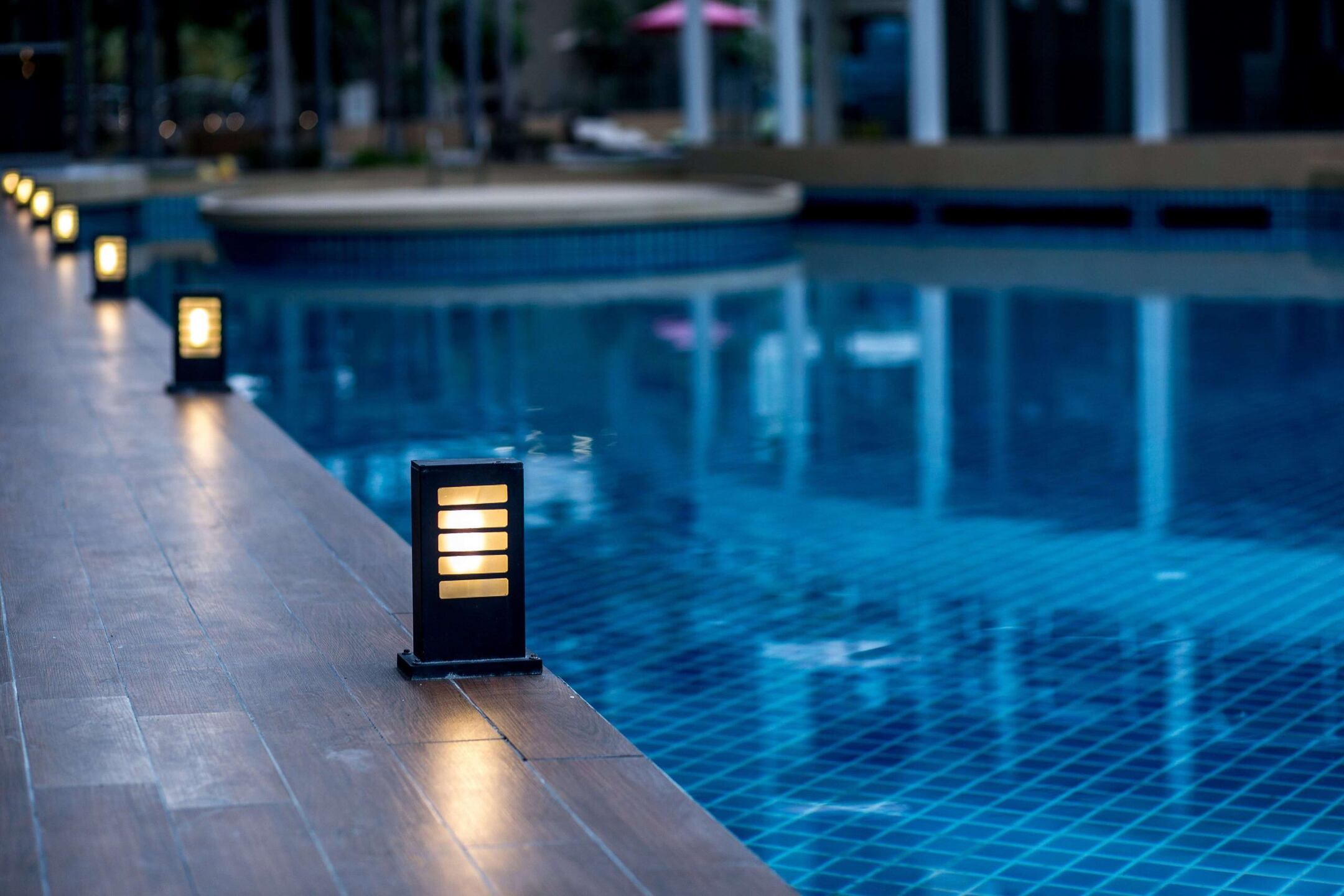
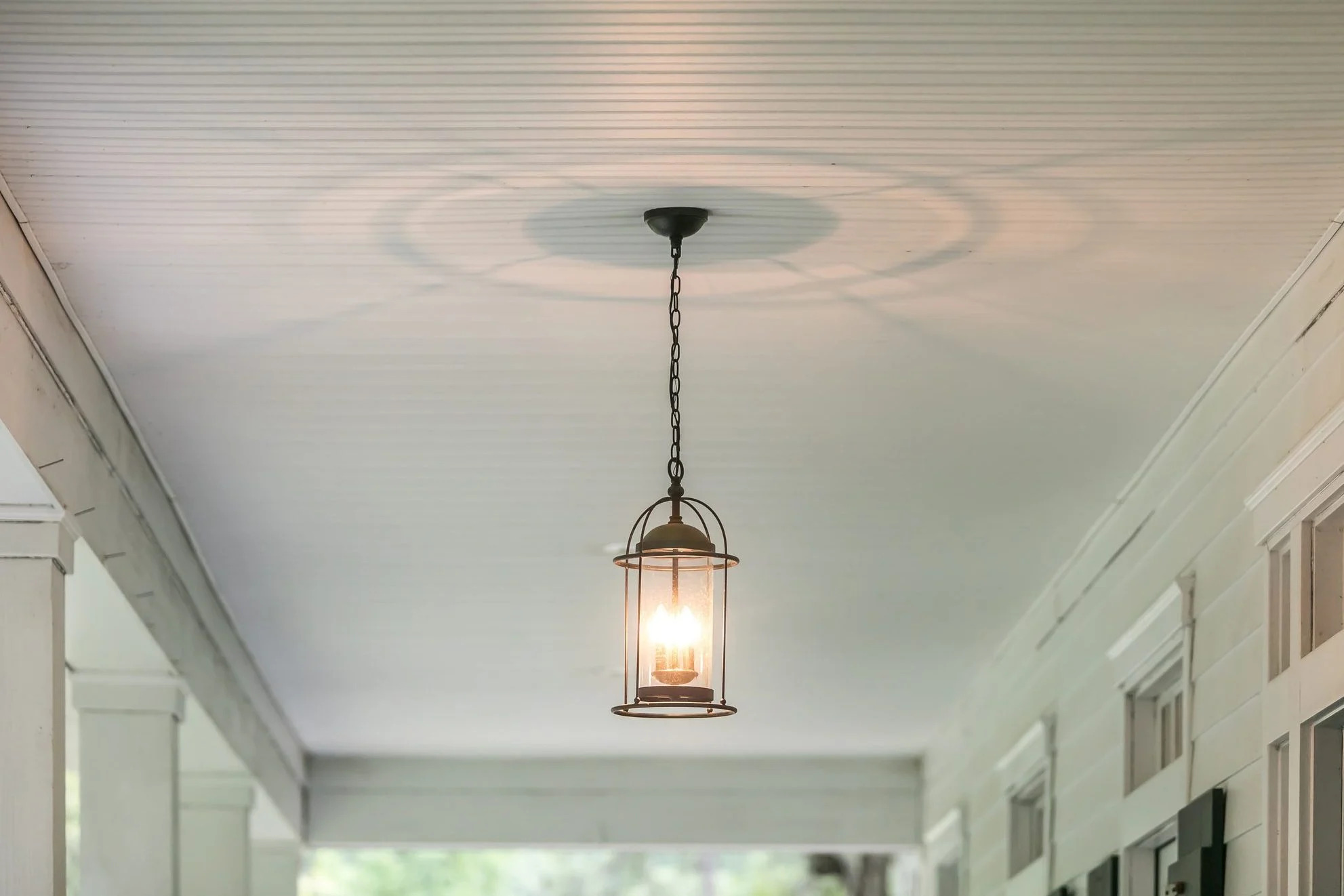
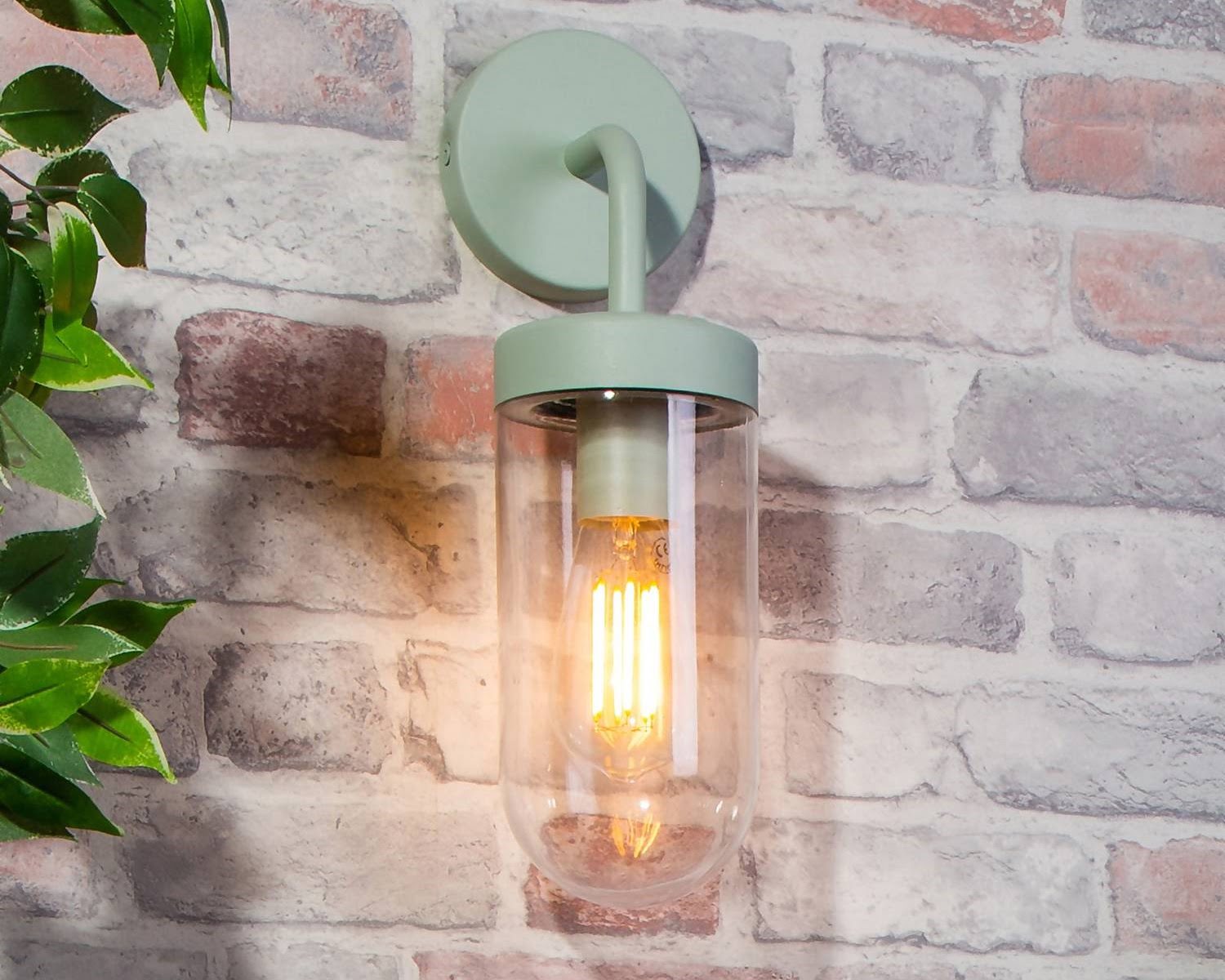
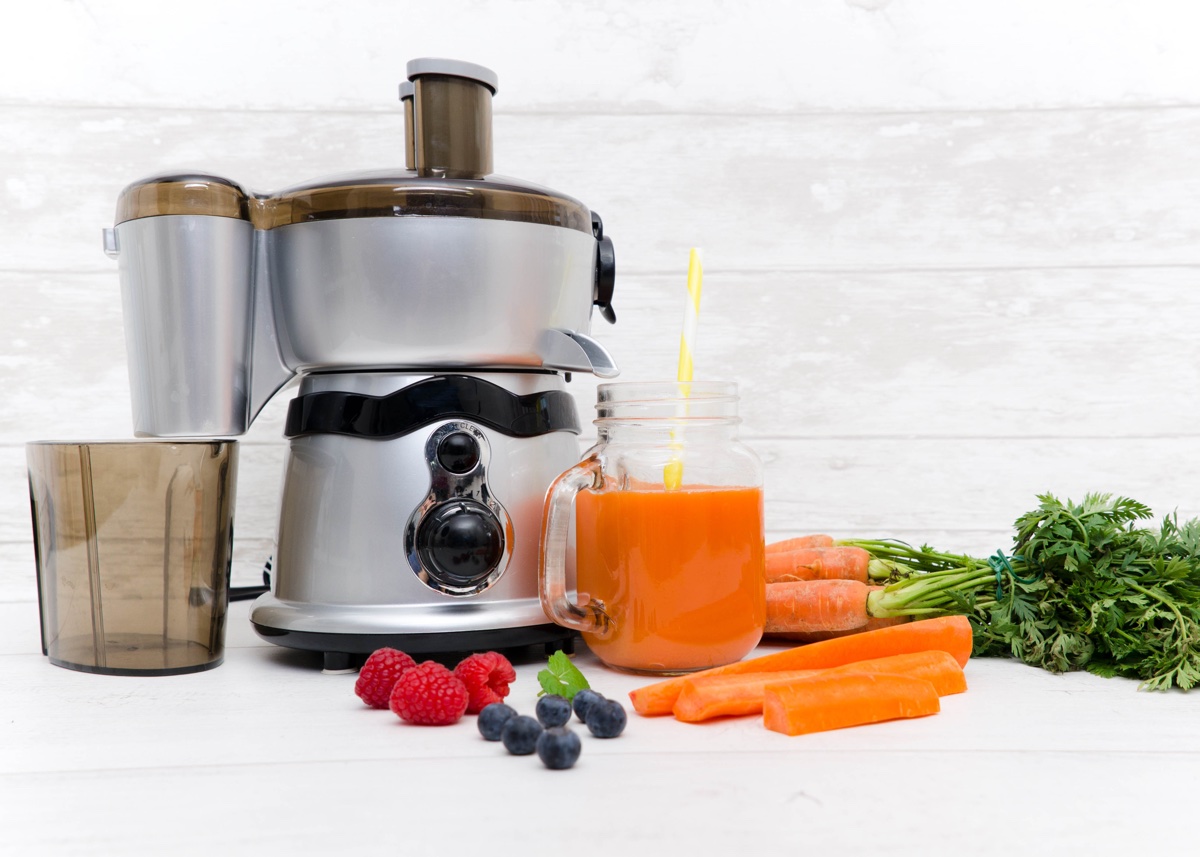

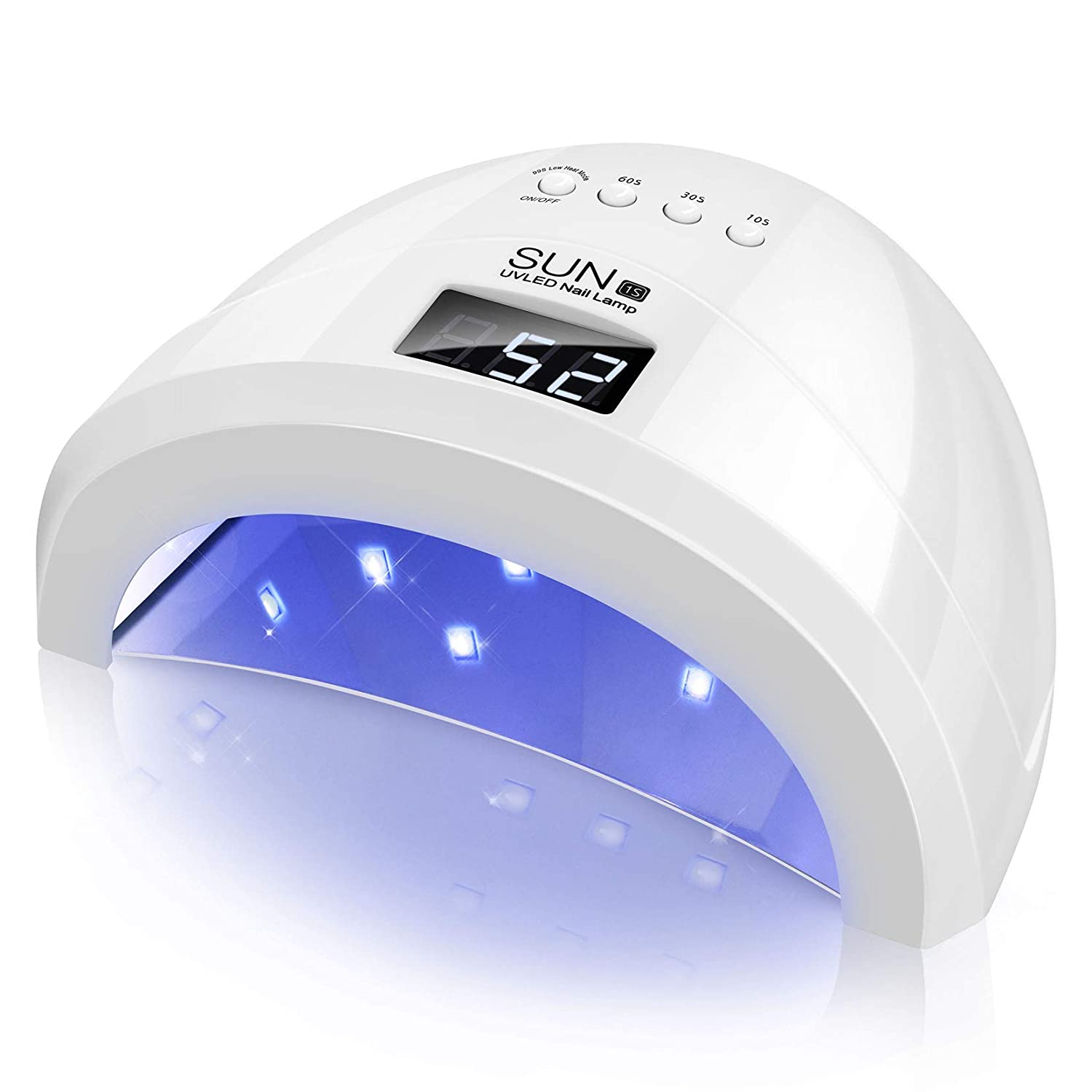


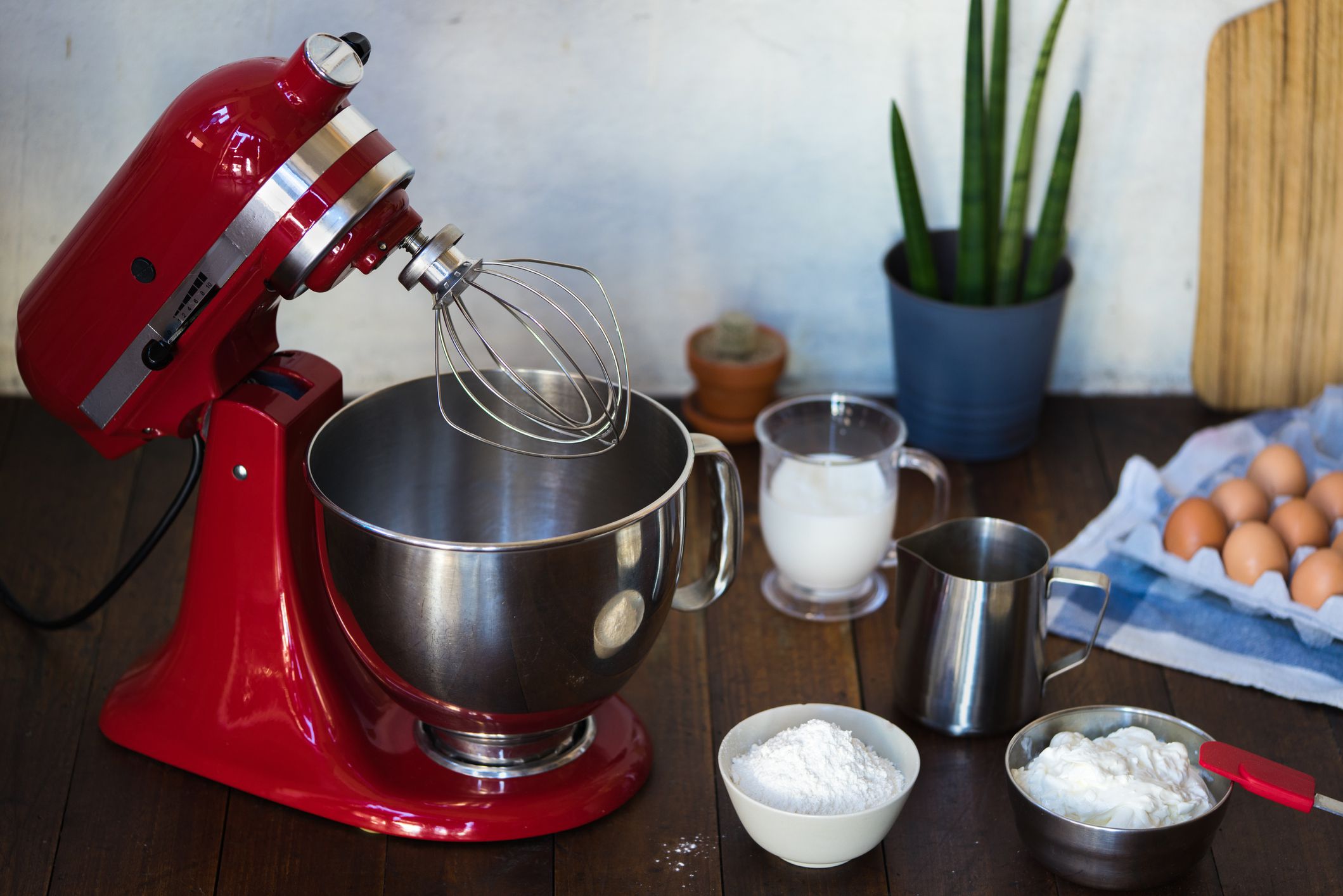
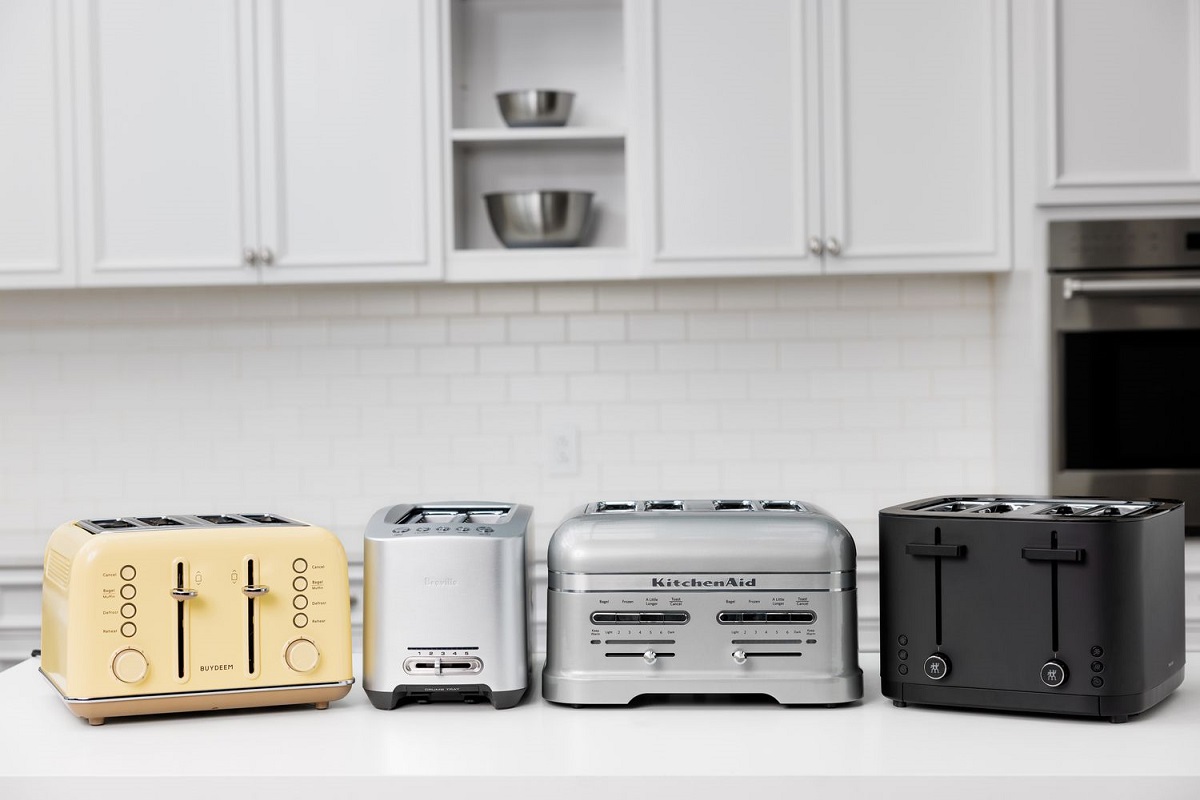
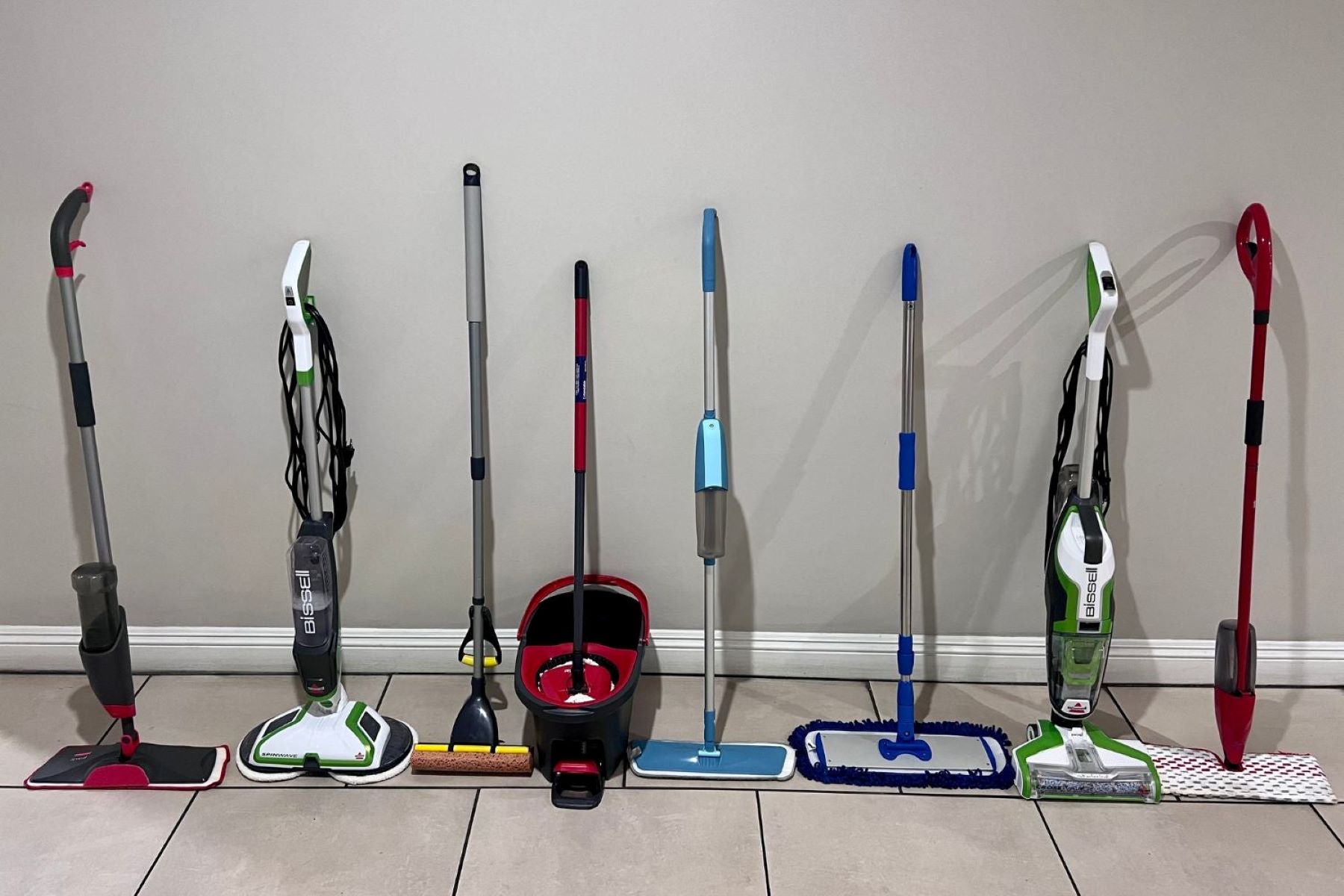
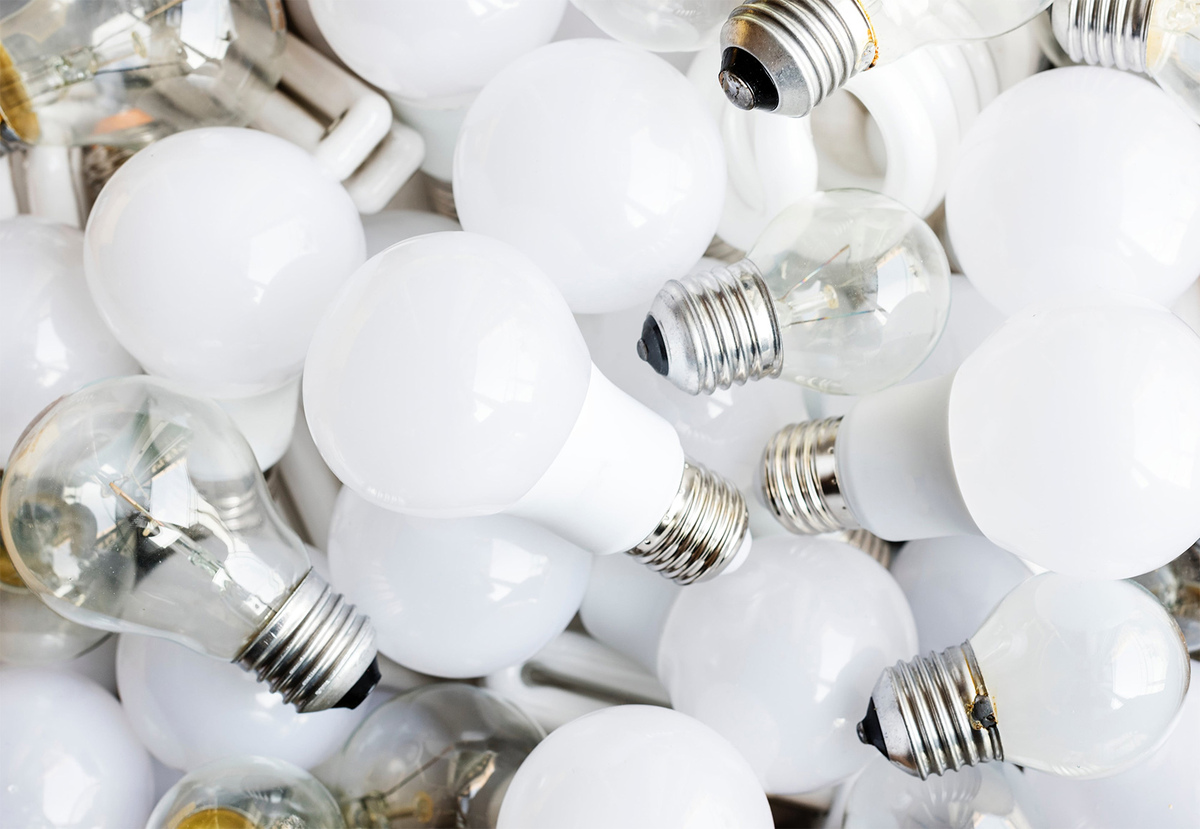
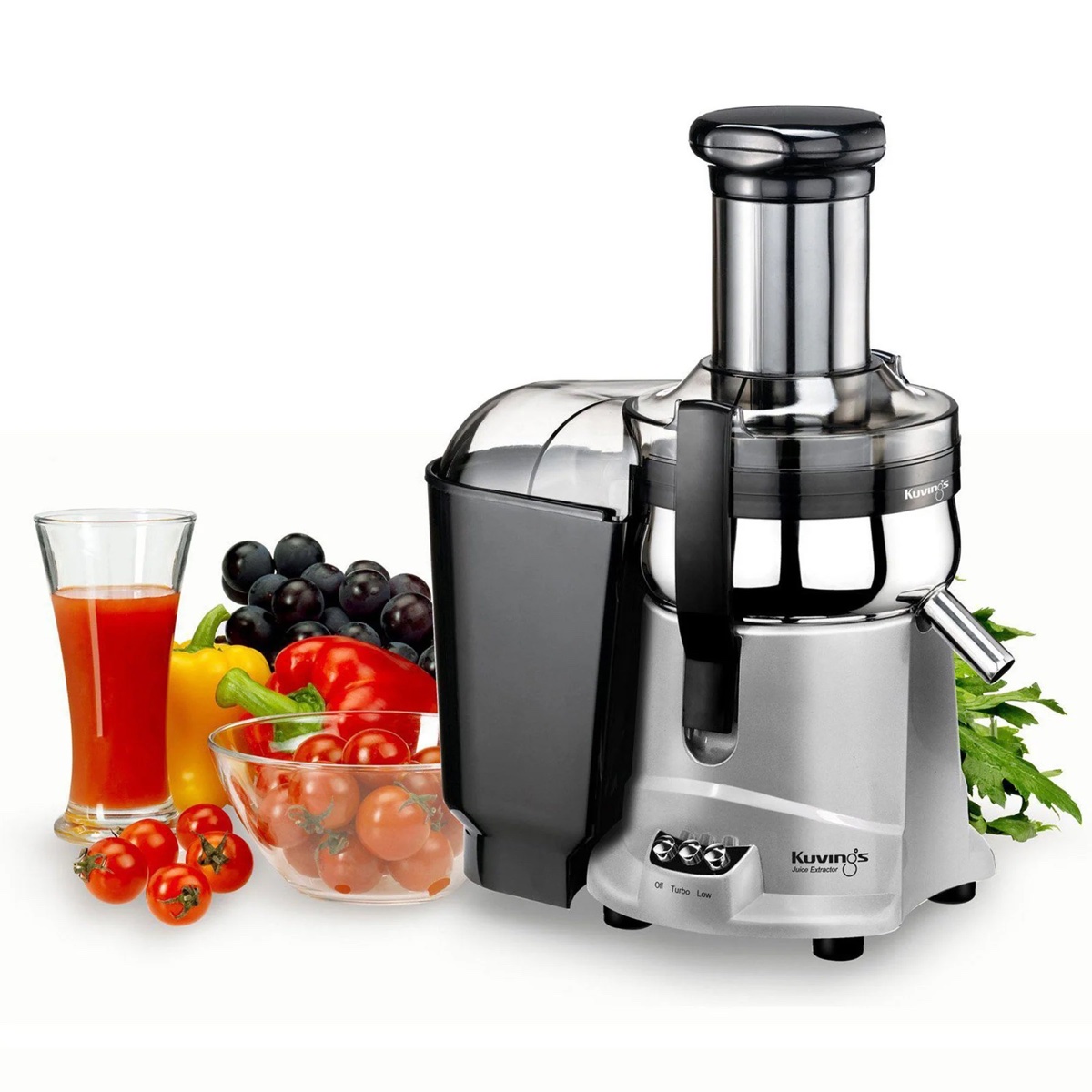
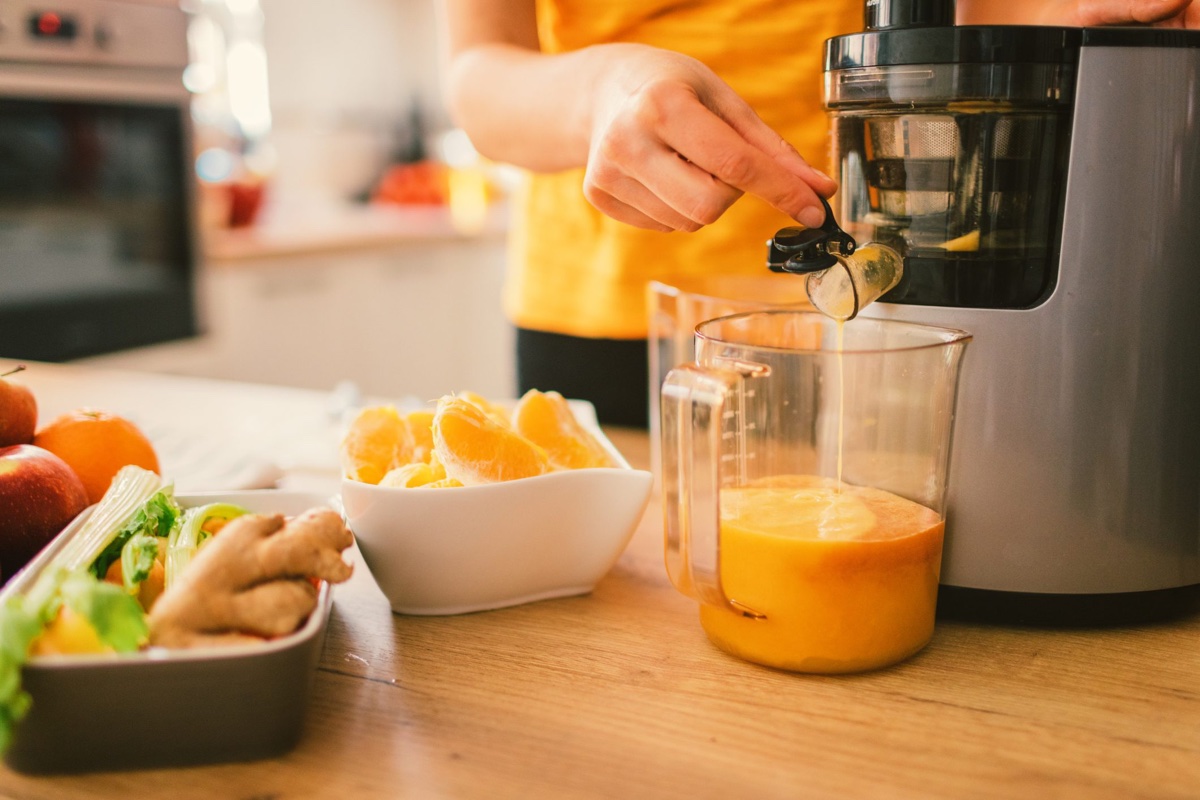

0 thoughts on “What Is A Good Wattage For A Juicer”